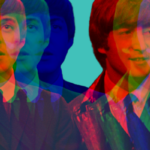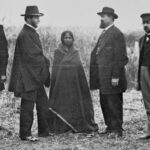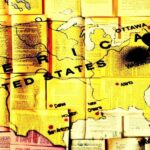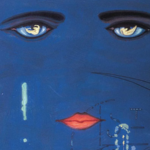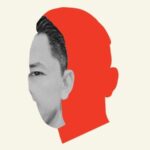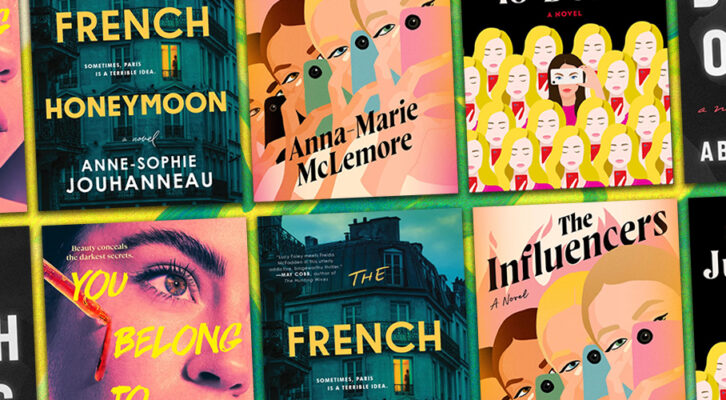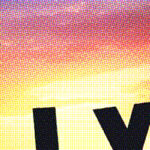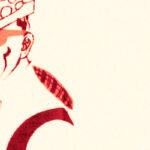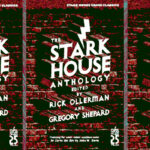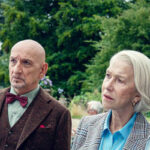15 Books You Should Read This May
Memoirs, Mothers, Crumbling Empires, and More
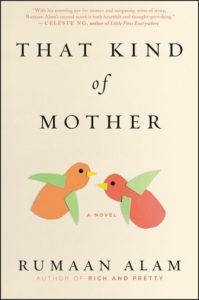
Rumaan Alam, That Kind of Mother
(Ecco)
If you want something smart, relevant, and compassionate, Rumaan Alam’s That Kind of Mother is that kind of book, a pitch-perfect take on upperclass motherhood in 1980s Washington, DC. Rebecca’s nanny Priscilla dies just after giving birth. Priscilla’s much-older daughter Cheryl, pregnant with her own first child, cannot cope with the thought of raising her own infant brother—so Rebecca convinces her husband Christopher to adopt the boy. What follows is the kind of poignant perspective on multiracial families that Alam, himself a member of one, does like no one else. Ultimately, Rebecca finds what most parents do: The only way to learn is by doing, and the only way to love is through giving. The weary yet wise tone and the completeness of Rebecca’s maternal personality make Alam’s second novel quite special.
–Bethanne Patrick, Lit Hub contributing editor
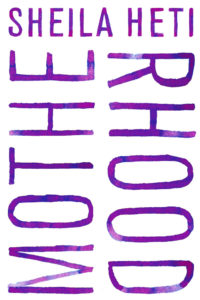
Sheila Heti, Motherhood
(Henry Holt and Co.)
Sheila Heti’s new novel is a glorious addition to this year’s fascinating batch of books on motherhood—indeed perhaps its peak. Like How Should a Person Be?, among whose legion of fans I count myself, Motherhood is meta-fictional, provocative and experimental (part of the book’s structure follows the narrator’s menstrual cycle; one chapter is told through tarot readings). Heti’s narrator articulates all the doubts she has had around whether to have children—from the metaphysical to the petty via the intellectual. She meditates around art, relationships, femininity, emotional inheritance, the socioeconomic effects of motherhood, and the body. And she ponders what makes us decide to remain childless, or to have babies, in a world of changing gender norms. Plus, it’s refreshing to read her dissect motherhood without a baby (or the desire for one) present.
I’m ending my second read and I plan to keep going back to it–not just for answers, but to feel accompanied in the wonderings and wanderings. I mean: “The not-having seems just as amazing, unlikely and special as the having. Both feel like a kind of miracle. Both seem like a great feat. To go along with what nature demands and to resist it––both are really beautiful––impressive and difficult in their own ways.” Worth every anticipatory gasp.
–Marta Bausells, Lit Hub contributing editor
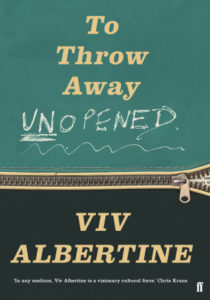
Viv Albertine, To Throw Away Unopened
(Faber & Faber)
Viv Albertine’s fantastic 2014 memoir, Clothes Clothes Clothes Boys Boys Boys Music Music Music, introduced readers to Albertine’s unique voice: incisive and insightful about family, feminism, making art, and yes, boys, clothes and music (Albertine is a former member of punk band The Slits). Unopened is a less rollicking and more serious book, which describes the slow death of Albertine’s beloved mother as well as examining her parents’ marriage and her mother’s difficult life. While Albertine’s memoir is a meditation on death and motherhood—her own as well as her mother’s—it is still infused with her iconoclasm and wry observations about the difficulties of being a woman in the world.
–Lisa Levy, CrimeReads contributing editor
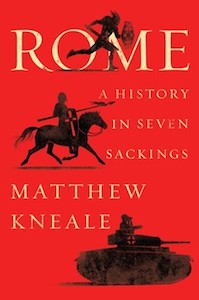
Matthew Kneale, Rome: A History in Seven Sackings
(Simon & Schuster)
From the Gauls to the Goths, the Normans and Nazis, Rome has been sacked a whole bunch of times—seven, per the title of Matthew Kneale’s episodic history. So what can we learn from that? I honestly don’t know. But as this particular empire’s capitol seems increasingly overrun by barbarians it might be helpful to compare timelines. (Are we in Caligula or Nero at the moment? And if the Visigoths come from Canada, I’m sort of ok with it.)
–Jonny Diamond, Editor in Chief
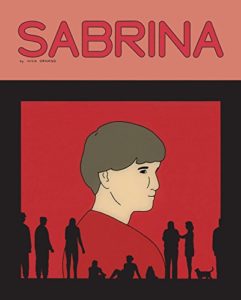
Nick Drnaso, Sabrina
(Drawn & Quarterly)
Sabrina is a haunting graphic novel that features a violent videotape gone viral. It’s about the victims left in the wake of random tragedy, and it follows in the spirit of compulsively consumable crime stories like Serial, S-Town, Making a Murderer, etc.. Nick Drnaso uses stoic illustrations of life along the periphery to investigate the American experience of fear and loneliness. This is a book you won’t forget.
–Nathan McNamara, Literary Hub contributor
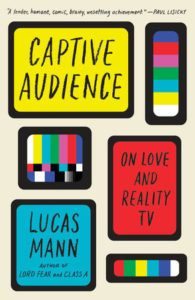
Lucas Mann, Captive Audience
(Vintage)
Lucas Mann’s inquiry into reality television in Captive Audience is refreshing because he actually appreciates the genre. Written as a love letter to his wife, with whom he watches everything from The Real Housewives of Atlanta to Intervention, the book presents an obsession with reality TV as more than just a sign of the downfall of our culture (as Mann points out critics said about the premiere of The Jersey Shore.) Mann looks to the ways we see ourselves within the melodrama of the form and unpacks his twin voyeuristic and exhibitionist impulses, replaying scenes from both reality TV and his marriage in this deeply intimate, probing, and—sorry, had to—captivating read.
–Kristen Martin, Lit Hub contributor
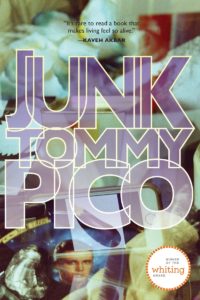
Tommy Pico, Junk
(Tin House)
This is the thing about reading Tommy Pico’s Junk: it’s a book that simultaneously propels you forward with its limitless energy and beckons you to linger and parse out the multiple levels of text contained within. And given that this book—and much of Pico’s work, come to think of it—explores contradictions and paradoxes both personal and societal, that experiential dichotomy seems perfectly suited to the sprawling poem found in these pages.
–Tobias Carroll, Lit Hub contributor
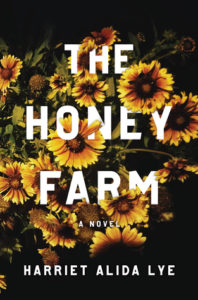
Harriet Alida Lye, The Honey Farm
(Liveright)
Mysteries run as deep as an aquifer through Canadian author Harriet Alida Lye’s latest Gothic novel The Honey Farm. It opens in the wake of a drought that has killed off bees and dried out the soil. In an effort to bring her farm back to life, a woman named Cynthia opens an artists’ colony that’s free to artists willing to perform grueling work on the land. Silvia, a wannabe poet raised staunchly Catholic, takes her up on the offer, only to witness the land turn angrier: tap water begins to run red, frogs arrive in disturbing numbers, and lice infestations grow more common. Lyrical and wonderfully strange, The Honey Farm speaks to our current environmental decline as well as to the psychological strain of religion, love, and creativity.
–Amy Brady, Lit Hub contributor
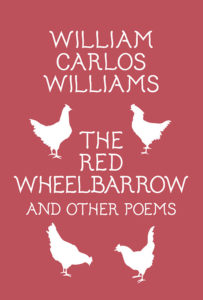
William Carlos Williams, The Red Wheelbarrow and Other Poems
(New Directions)
There are bigger, more thorough collections of William Carlos Williams’ poetry, but this little volume is a perfect gift-sized introduction to one of the twentieth century’s greatest poets. In addition to the mysterious, clipped brevity of the famous titlular piece—one of the finest examples of imagism around—the book includes a whole slew of sublime poems that make it clear why Randall Jarrell called Williams “as magically observant and mimetic as a good novelist.” Here are some diamonds of Williams’ career, presented not as masterpieces separated from some supposed lesser material, but in the hopes for you to then go discover even more diamonds in his immaculate oeuvre.
–Tyer Malone, Lit Hub contributing editor
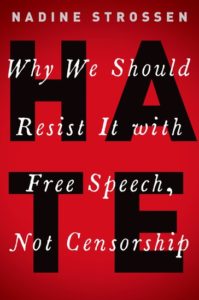
Nadine Strossen, Hate: Why We Should Resist It with Free Speech, Not Censorship
(Oxford University Press)
This book’s message—still being absorbed by this reader—needs the care and attention that any fragile, endangered living thing does. It is with all of our care and attention that we must not only protect the first amendment, but in doing so make certain that outlawing “hate speech” doesn’t become a political or personal crusade that endangers all speech. Strossen is so stridently clear about what “hate speech” censorship would mean, and She quotes many past and contemporary public thinkers/public actors who emphasize “counterspeech” as the only viable answer to “hate speech.” I have said it before about books, but this time I couldn’t be more emphatic about it: everyone should read this book.
–Lucy Kogler, Lit Hub contributor
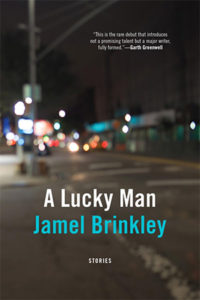
Jamel Brinkley, A Lucky Man
(Graywolf)
I’ve been hearing so many wonderful things about Jamel Brinkley’s debut—a short story collection set over three decades on the margins of various New York City neighborhoods, which explores the “charged, complex ties between men whose mistakes threaten their relationships with friends, lovers, and family members”—and if the brilliant, unsettling title story, published last year in A Public Space, is anything to go by, the hype is entirely justified.
–Dan Sheehan, Book Marks editor
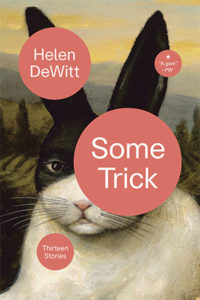
Helen DeWitt, Some Trick
(New Directions)
At long last, Helen DeWitt has blessed us with a new book: a collection of short stories, each one of them cerebral and weird, many of them funny, several of them concerning robots. They also concern philosophy, art, statistics, publishing, music, language(s), the strangeness of attempting to exist among other people, and what you might say to them, and what’s in your brain when you say it. Most of these stories don’t seem like they should work as stories at all, and yet, by some kind of strange alchemy or feat of cosmic translation, they are perfect.
–Emily Temple, Lit Hub senior editor
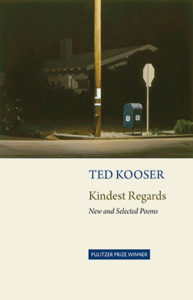
Ted Kooser, Kindest Regards: New and Selected Poems
(Copper Canyon Press)
Since 1969, when his debut appeared on the University of Nebraska Press, Ted Kooser has been a kind of poetic photorealist of the high plains. Born in Ames, Iowa, Kooser has a vision of dailiness that includes the way sheep move in advance as weather, the breakfast habits of married couples, the angle a red fence carves through snow in winter. Like the diners Ralph Goings and John Baeder painted in this period, all these snapshots come to life in an intensely visual style that feels more real than real. Kooser makes it seem so easy, then after reading his poems something mournful, even elegiac slips into that gap between what is real and what’s presented as real. This generous selection of new and selected poems makes it clear for the first time that Kooser’s great gift isn’t for turning language to a camera eye, but rather the way he inscribes the tiniest bit of warmth into each one of his poems. It is his eye, looking, but also inviting us in to say, indeed all of this will go: the grain silos, the morning newspaper. The truck that paints that whiter than white line on highways. Let’s look at simply and look hard. Doing so reminds how miraculous and strange that anything is here to regard at all.
–John Freeman, Lit Hub executive editor
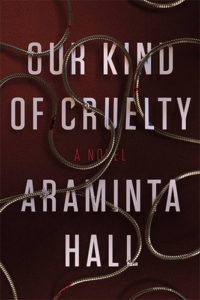
Araminta Hall, Our Kind of Cruelty
(MCD)
May is a fantastic month for women crime writers (although really every month is great for women crime writers) so it’s hard for me to choose one book particular; I’d like to highlight Araminta Hall’s Our Kind of Cruelty, out on May 8th, as the best unreliable narrator book I’ve ever read, and a perfect, terrifying tale of obsession, delusion, and gaslighting. Mike, the narrator of Our Kind of Cruelty, has recently moved back to England after years in New York in order to win back his ex-girlfriend Verity. We quickly learn that we are not to trust Mike’s perception of his own reality, let alone anyone else’s, as he is convinced that his ex, newly engaged to a different man, is playing an elaborate game with him, that will end only when he figures out a way to win her back from her new boyfriend. Every communication from Verity insisting that Mike move on or proposing they remain friends is read as code by Mike for “let’s get back together after we play an elaborate game,” and the story moves in to the realm of dark comedy and raging social commentary when Mike and his delusions, and Verity and her personal life, go on trial in the second half of the book.
–Molly Odintz, CrimeReads editor
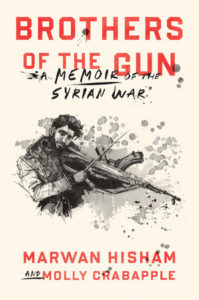
Marwan Hisham and Molly Crabapple, Brothers of the Gun: A Memoir of the Syrian War
(One World)
Journalist Marwan Hisham and artist Molly Crabapple have been collaborating since 2015, when they met on Twitter while in Raqqa and New York, respectively. The fruits of this first contact were published as stark, illustrated dispatches from ISIS-occupied cities—Mosul, Aleppo—in Vanity Fair, which Hisham undertook at great personal risk (he writers under a pseudonym). Beginning with the Arab Spring protests of 2011, Brothers of the Gun traces Hisham’s coming of age and his country’s descent into violent civil war war through the story of Hisham’s friends Nael and Tareq, one of who became an Islamist revolutionary while the other was killed. Crabapple’s illustrations, all in black ink, will be on display at the Brooklyn Public Library, along with audio commentary from Hisham.
–Jess Bergman, Lit Hub features editor



